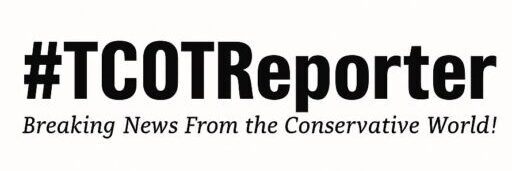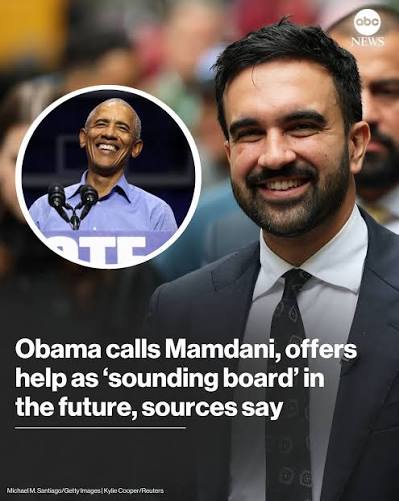How Soros, Soft Power, and the Shadow President Built a Socialist
In New York politics, imported ideology is the newest local product.
Assemblyman Zohran Mamdani didn’t rise through precinct captains and bake sales. He was manufactured—part Soros cash, part activist clergy, part Ivy League radical chic. And now, thanks to one well-timed phone call from Barack Obama himself, the prototype is ready for export.
The Network That Prints Revolutions
Campaign finance filings read like the guest list from a Davos after-party: Open Society outposts, nonprofit “advocacy incubators,” and the same constellation of PACs that appear wherever democracy needs “re-imagining.” Add in the local spice—imams who preach solidarity with “global resistance” and student groups that quote Marx with the zeal of a new faith—and you have the Mamdani formula: foreign funding meets domestic discontent.
This isn’t a conspiracy; it’s logistics. Soros built the think tanks, the imams built the crowds, and New York’s political press built the myth. The product isn’t legislation—it’s legitimacy, packaged and sold as moral superiority.
The Akleh Affair
When undercover footage surfaced of campaign staffer Robert Akleh discussing “voter mobilization” with the confidence of a man confusing fraud for activism, the Machine barely flinched. The local press called it a “training miscommunication.” But it showed what everyone already knew: when ideology becomes industry, compliance is just another line item.
Enter the Shadow President
Then came the Obama call—a friendly check-in that leaked like clockwork. The same Obama who once lectured Democrats about the dangers of “purity tests” was now blessing New York’s most ideological firebrand. It wasn’t mentorship; it was manufacturing consent. Obama’s post-presidential network runs like a political operating system—patching radicals into power while maintaining plausible distance.
Mamdani’s rise isn’t accidental; it’s the downstream effect of a party built on NGOs instead of neighborhoods, data instead of dialogue. The technocracy Obama left behind now treats elections as talent-scouting events.
The Illusion of Local Politics
Mamdani’s campaign promises sound home-grown—tenant rights, transit subsidies, debt forgiveness—but the funding trail maps neatly onto the same global activist circuit that fuels left-wing movements from London to Lagos. The slogans change; the accounting doesn’t.
And while New York debates rent control, the real landlords are ideological—the ones leasing America’s institutions to whoever pays in influence.
The Payoff
The Mamdani Machine isn’t about one candidate. It’s the template: find the right grievance, wrap it in moral urgency, feed it through a donor network, and let the algorithm do the rest. The profit isn’t measured in dollars but in data, airtime, and cultural capture.
If you wondered what Obama’s “third term from the basement” would look like, it’s this: a generation of politicians who think locally, fund globally, and answer to no one but the network that built them.
Citations
- Fox News – “Inside Mamdani Machine: Soros cash, socialists and radical imams engineered path to power” (Oct 2025)
- Project Veritas – “Staffer discusses ballot strategy in Mamdani campaign” (2025)
- Politico – “Obama personally calls Mamdani ahead of New York race” (Oct 2025)


Pingback: The Bureaucracy That Never Left - #TCOT Reporter
Pingback: The List That Vanished - #TCOT Reporter